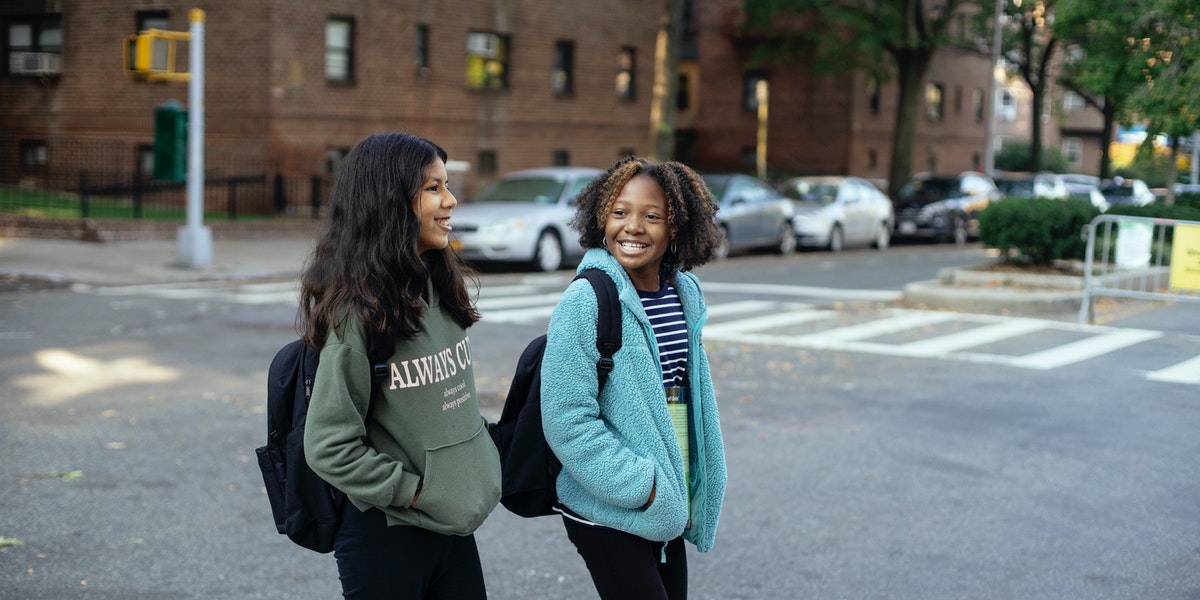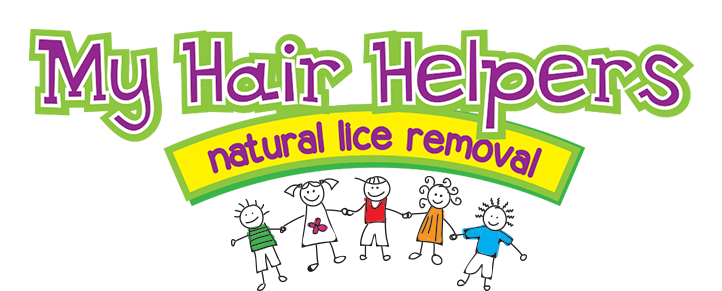When your child has a confirmed case of head lice, what is the next step? Who do you tell? Is there a place to contact? After all, head lice are highly contagious and can spread quickly from person to person.
However, because head lice do not carry bacteria, do not transmit disease and are not a public health hazard, there is no formal protocol to follow when your child is diagnosed. Instead, you can think of it as being based on the “honor system.”
So what does this mean for head lice? Let’s find out!
Who to Contact When Your Child Has Lice
Have you found lice in your child’s hair? Has a head lice salon made a positive diagnosis? If your child has head lice, it means that you should contact your child’s:
- Close friends, acquaintances and relatives. Anyone who your child has spent time with over the last couple of weeks should be contacted. This way, they can check their child’s hair for nits or lice. It can take up to 4-6 weeks for lice to appear, so it’s possible that some children may already have signs of lice.
- School nurse. Notify the school nurse or director as soon as you find out that your child has head lice. The school will take responsibility for the school side of things, such as sending out a note to students in your child’s class (it will be anonymous). Your nurse will also inform you of the school’s lice/nit policies.
- Pediatrician. While not mandatory, you should contact your child’s pediatrician and let them know about the lice. They can provide you with information and advice for treating lice as safely and effectively as possible, particularly if your child has allergies or sensitive skin.
Why Communication is Key to Fighting Head Lice
Keep in mind that you are not obligated to tell anyone about head lice. But honesty is an important factor in fighting head lice. Here’s why.
Head lice are contagious. They are mostly spread through head-to-head contact, which can happen any time you are sitting or standing next to someone. It can take up to six weeks for signs of lice to appear, which means you may spread them for weeks without knowing it.
But imagine if the person who gave you head lice told you in advance – before you developed symptoms. You would have time to look for the signs of lice and treat yourself before an infestation developed. This would prevent you and others from developing full-blown cases of head lice.
Lice are not a life-threatening condition. They have nothing to do with being clean or dirty. They can happen to anyone. But keeping lice a secret allows the life cycle to continue. Honesty is key.
Are There Times When I Shouldn’t Share this Information?
Yes, there are times when you may want to wait to tell others. For instance, if you’re not sure if your child has head lice, it’s best to get a professional’s opinion. Head lice can be easily mistaken for things like dandruff or dry skin, especially if you don’t have a trained eye.
If you are confident in your ability to identify head lice and you successfully remove a louse, you probably don’t need to tell others. You most likely took care of the problem and were a very low risk to those around you.
And, don’t forget that you can prevent lice infestations using a head lice repellent spray and weekly combing. If and when you do tell people about your situation, make sure that they are aware of these options, too.
My Hair Helpers is a head lice removal company that helps families all over the country fight head lice. With our head lice salon and proprietary products, you can expect the safe and effective removal of head lice – and without chemicals or harsh ingredients! Contact us today to learn more about our all-natural approach to treating head lice!


